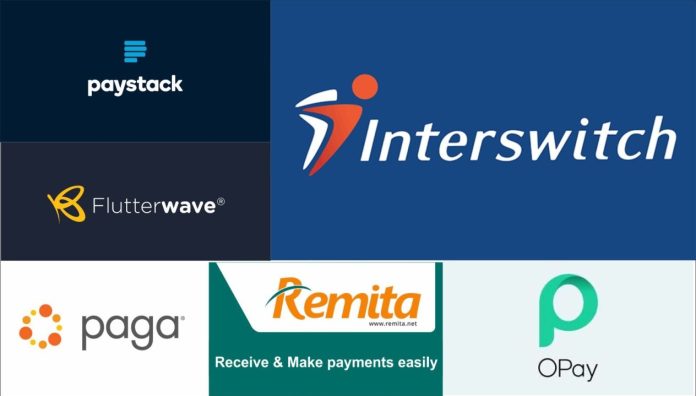A number of platforms have come to Nigeria in recent years, providing businesses with faster and more secure collections via digital payment. But that change grew much larger during the recent, nationwide banking service outages and offered a golden opportunity for fintechs to take transaction market share.
Technical downtimes, long queues and other challenges had made life difficult for many Nigerians in gaining access to banking services; a condition that was further compounded by failed banking services which left most Nigerians at the mercy of banks except for those who have made swift change to digital platforms
This necessitated digital payment platforms such as Flutterwave, Paystack, Opay and Moniepoint to quickly come forward with seamless alternatives for millions of Nigerians.
Impact Of Digital Payment On Business
Digital payment platforms have become essential for businesses, providing practical solutions where traditional banks have struggled. Small businesses that used to depend heavily on cash now enjoy the flexibility of digital transactions, which are faster and more reliable.
“I switched to accepting digital payments because the banks were failing us, Now, most of my customers pay through apps, and it’s made things easier.” says Seun, a market vendor in Lagos.
The rise of smartphones and increased internet access have further driven this change. According to the Nigerian Interbank Settlement System (NIBSS), digital payments in Nigeria grew to a record ₦495 trillion in 2023. These platforms have made it possible for businesses to accept payments from anywhere in the country, overcoming the physical limitations of banking infrastructure.
Regulation role
CBN’s push for a cashless economy has played a key role in supporting this transition. The cashless policy of the bank that imposes limits on how much cash individuals and businesses can extract each week means digital solutions are increasingly relied upon instead. For example, individuals are limited to withdraw 500,000 and businesses 5 million a week.
This makes electronic payments an easier- if temporary option for many businesses or individuals in Nigeria. Long term it shows potential to replace cash entirely as a means of exchange.
Cross-border Challenges And Solutions
While digital money has been rapidly adopted, especially in Nigeria cross-border challenges remain. The unsettled payment landscape in Africa has meant it’s hard for businesses to scale beyond Nigeria.
Fintech companies, on the other hand, are working toff challenge that so as to build more uniform systems which can handle a variety of payment methods and simplify cross-border trade. “Interoperability is key, A unified system will unlock business growth across borders.” Tayo Oviosu, CEO of Paga said.
The Future of Digital Payment
But digital payment platforms not only fill the vacuum left by bank failure in Nigeria. They also lay a future foundation for business here to work upon.
These platforms empower small businesses to reach broader markets and operate more efficiently. And in the future, Fintech companies will continue to innovate with businesses providing more and better services for Nigeria’s digital economy.
“Digital payments have changed the game, and they’re here to stay.” Gbenga Agboola, CEO of Flutterwave empahasised.
With continued growth in the digital space and government backing, businesses in Nigeria are likely to rely even more on these platforms, making them an integral part of the country’s economic landscape.













